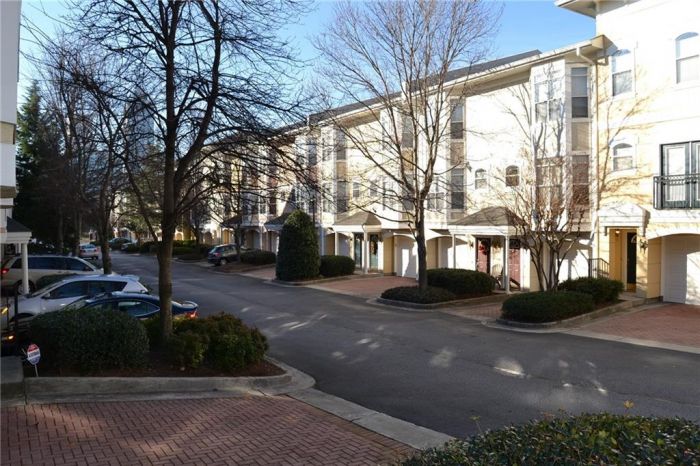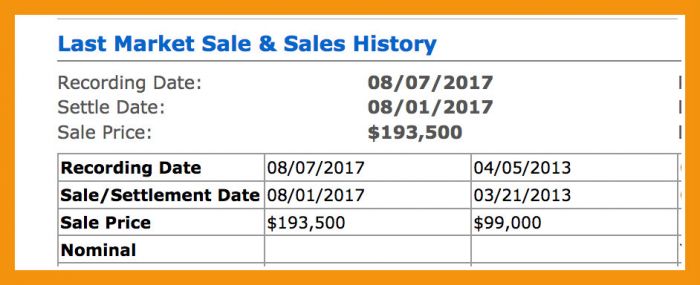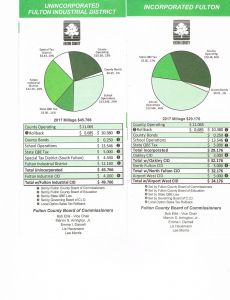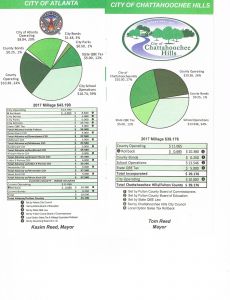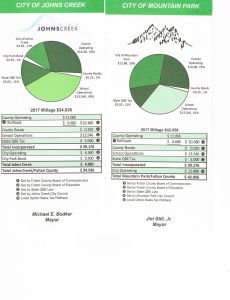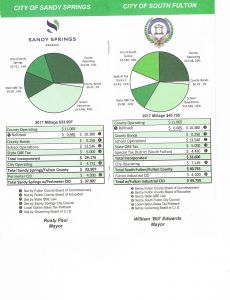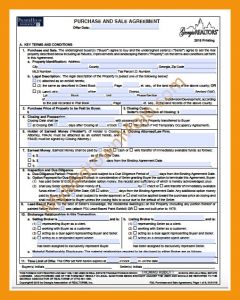 The process to purchase a home or condominium in the Metro Atlanta area has remained much the same over the years. (The process can be much different if you are buying property on Lake Sinclair, or if you are buying in Savannah, so we will focus on the Atlanta area, where we work!) But it helps to know about the Georgia Real Estate Contract.
The process to purchase a home or condominium in the Metro Atlanta area has remained much the same over the years. (The process can be much different if you are buying property on Lake Sinclair, or if you are buying in Savannah, so we will focus on the Atlanta area, where we work!) But it helps to know about the Georgia Real Estate Contract.
Some changes have come from the lending side, certainly, and those changes do affect most all buyers. But over the years, the Georgia Association of REALTORS (GAR) has made changes to the Purchase and Sale Agreement and other exhibits we use to buy real estate. At one point, the contract had areas where you had blanks to fill in on each page, and it made it difficult or both they Buyer and the Seller to really understand the terms of the offer. Fast forward to 2018, where the contract has been designed to have the key elements of the offer on Page One, and the supporting paragraphs for each item on Page One on the following pages. While those “following pages” get into the contract details, the key points such as the Property Description, Purchase Price, Closing Costs, Earnest Money and Due Diligence are all located on that first page.
The agreement is written such that it is pretty fair in representing BOTH parties in the real estate process. It can become a “one-sided” document if special stipulations are added, or if any of the Page One items are slanted towards one side or the other. An example would be a long Due Diligence Period (say 15 days or more). During the Due Diligence Period, the Buyer may terminate the agreement or any reason, or no reason at all. This puts the Seller at a disadvantage by having their home/condo off the market with this lengthy time where the Buyer can walk away.
As part of our Buyer Consultation, we provide you a copy of the Purchase and Sale Agreement along with the most likely Exhibits or Amendments you would use during your purchase. This helps our Buyers get to know the documents and ask any questions prior to us being in the middle of making an offer.
If you are relocating to the Atlanta area, this gives you an opportunity to learn about the process (at least the forms used) in purchasing a home here, versus what it may have been in the city or state where you are moving from.
You can find our 2018 Contract Package HERE.
We are here to help our Buyers and Sellers understand all the terms of the agreement, as well as answer questions and make sure you are being represented.
